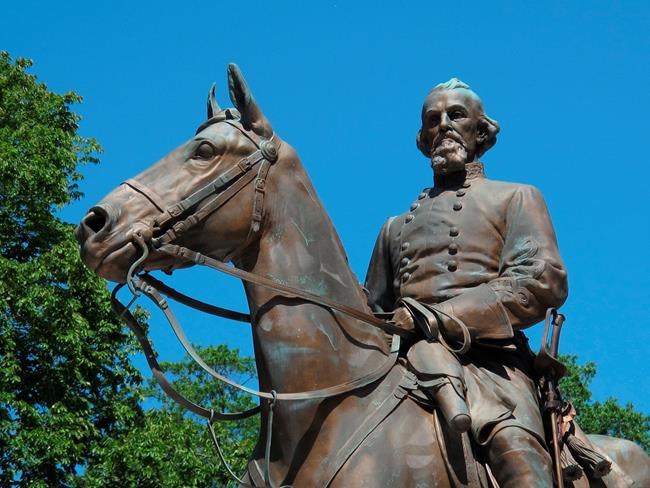Elevate your local knowledge
Sign up for the iNFOnews newsletter today!

NASHVILLE – A move by Tennessee lawmakers to withhold funds for Memphis’ bicentennial celebration as punishment for the removal of Confederate statues should not affect planning for the event, Mayor Jim Strickland said Wednesday.
The House’s decision to strip $250,000 from its budget bill “should not have an impact on the City of Memphis’ joint bicentennial celebration with Shelby County in 2019, as this money was never in our budget,” Strickland said in a statement.
On Tuesday, the House voted on a last-minute amendment attached to the budget bill that removed the $250,000 for the event. The move drew vehement protests from Memphis lawmakers who called it vile, racist and unchristian. They accused fellow lawmakers of not caring about Memphis.
“Thanks to the Shelby County members of the Tennessee House, who stood up for Memphis last night on the House floor,” Strickland said.
The Senate budget bill never contained any money for the Memphis celebration. That body passed the budget by a vote of 32-1 with no debate Wednesday. The lone dissenting vote was from a Memphis Democrat, Sen. Lee Harris.
Outside of Senate chambers, Harris said that city officials acted lawfully when they removed the Confederate statues and they are now being punished simply for rubbing powerful politicians the wrong way.
“It means we are at a point in our state when our lop-sided Republican government has decided it will openly punish political opponents and use government force to do it,” Harris said in his statement. “We are headed for disaster.” He added that it might not be long before elected officials in Memphis are punished.
Cities have tried to remove Confederate monuments following the racially motivated massacre of nine people at a black church in South Carolina and a violent white supremacist rally in Charlottesville, Virginia.
Leaders in majority-black Memphis worked for months on finding a way to remove the statues of Confederate President Jefferson Davis and Nathan Bedford Forrest from two public parks. Forrest was a Confederate general, a slave trader and a leader in the Ku Klux Klan.
The Tennessee Heritage Protection Act limits the removal or changing of historical memorials on public property. In December, city leaders used a legal loophole by selling the city parks to a non-profit, which swiftly removed the monuments under the cover of darkness.
Lawmakers in Tennessee’s Republican-dominated Legislature had vowed to punish Memphis for removing the monuments.
Someone has already started a GoFundMe campaign to raise the $250,000 for the city’s bicentennial celebration. It has already raised more than $25,000.
___
Associated Press reporter Adrian Sainz contributed to this report from Memphis.
Want to share your thoughts, add context, or connect with others in your community?
You must be logged in to post a comment.